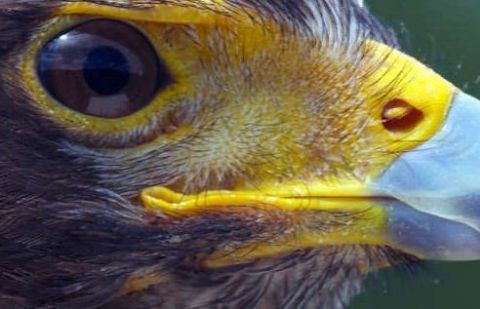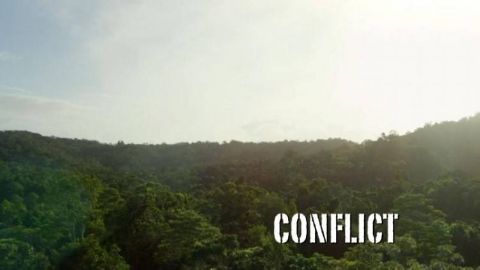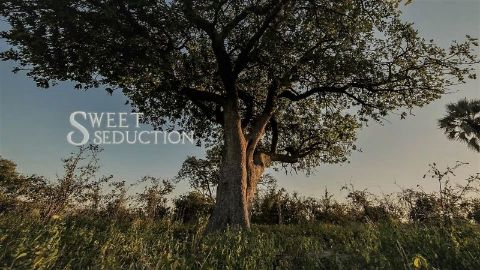Red Ape: Saving the Orangutan • 2018
For the last decade, a team of frontline medics has been fighting to save Borneo's critically endangered orangutans. Armed with cameras, International Animal Rescue has documented their struggle: pulling apes from devastated jungle, giving emergency medical care, rehabilitating and releasing the healthiest orangutans back into the wild. This is both the story of their life-saving work and of how one of our closest wild relatives has been pushed to the brink of extinction. Combining genuine rescue footage with contributions from experts throughout, this documentary looks toward the future and asks what hope remains to save the orangutan.
Make a donation
Buy a brother a hot coffee? Or a cold beer?
Hope you're finding these documentaries fascinating and eye-opening. It's just me, working hard behind the scenes to bring you this enriching content.
Running and maintaining a website like this takes time and resources. That's why I'm reaching out to you. If you appreciate what I do and would like to support my efforts, would you consider "buying me a coffee"?
Donation addresses
BTC: bc1q8ldskxh4x9qnddhcrgcun8rtvddeldm2a07r2v
ETH: 0x5CCAAA1afc5c5D814129d99277dDb5A979672116
With your donation through , you can show your appreciation and help me keep this project going. Every contribution, no matter how small, makes a significant impact. It goes directly towards covering server costs.





